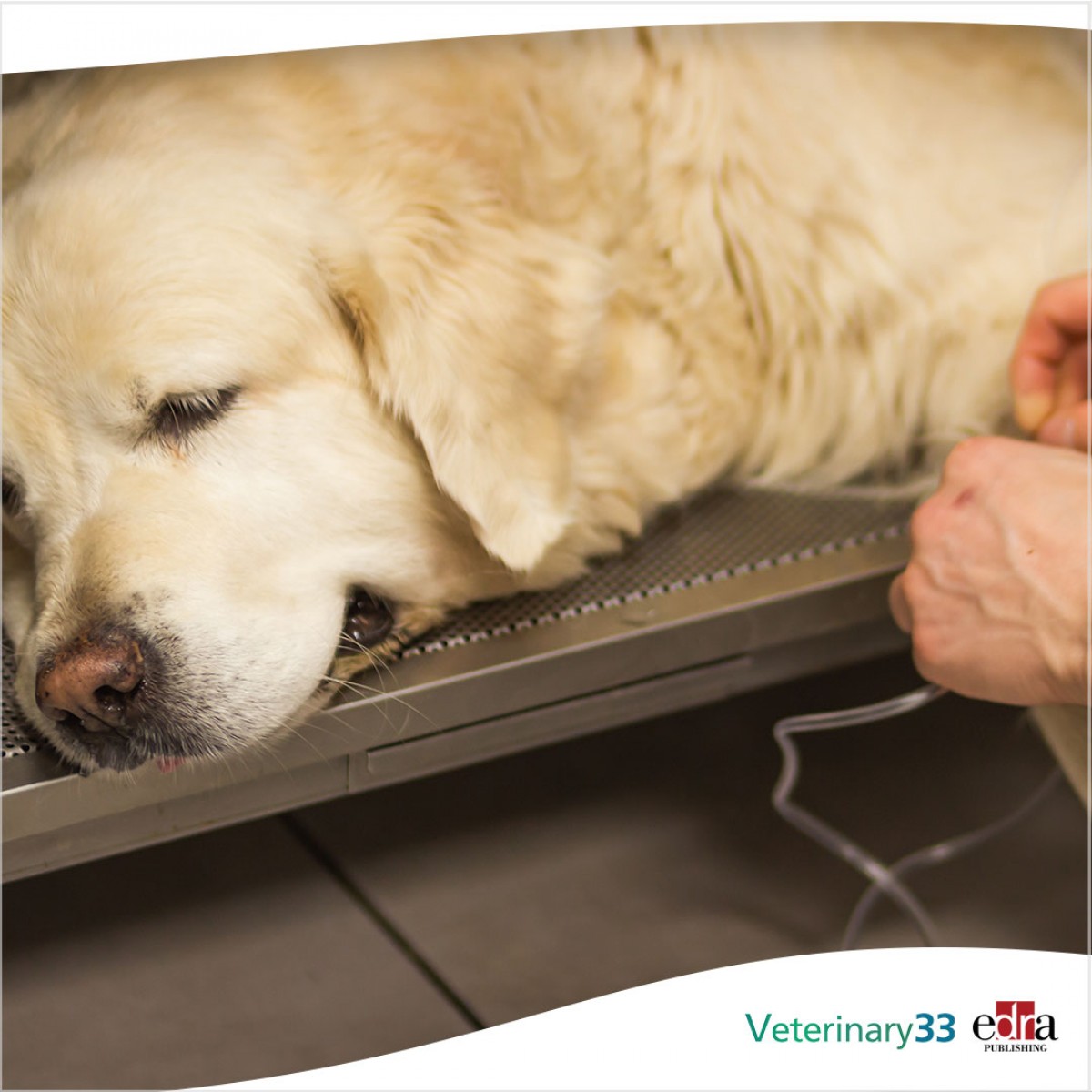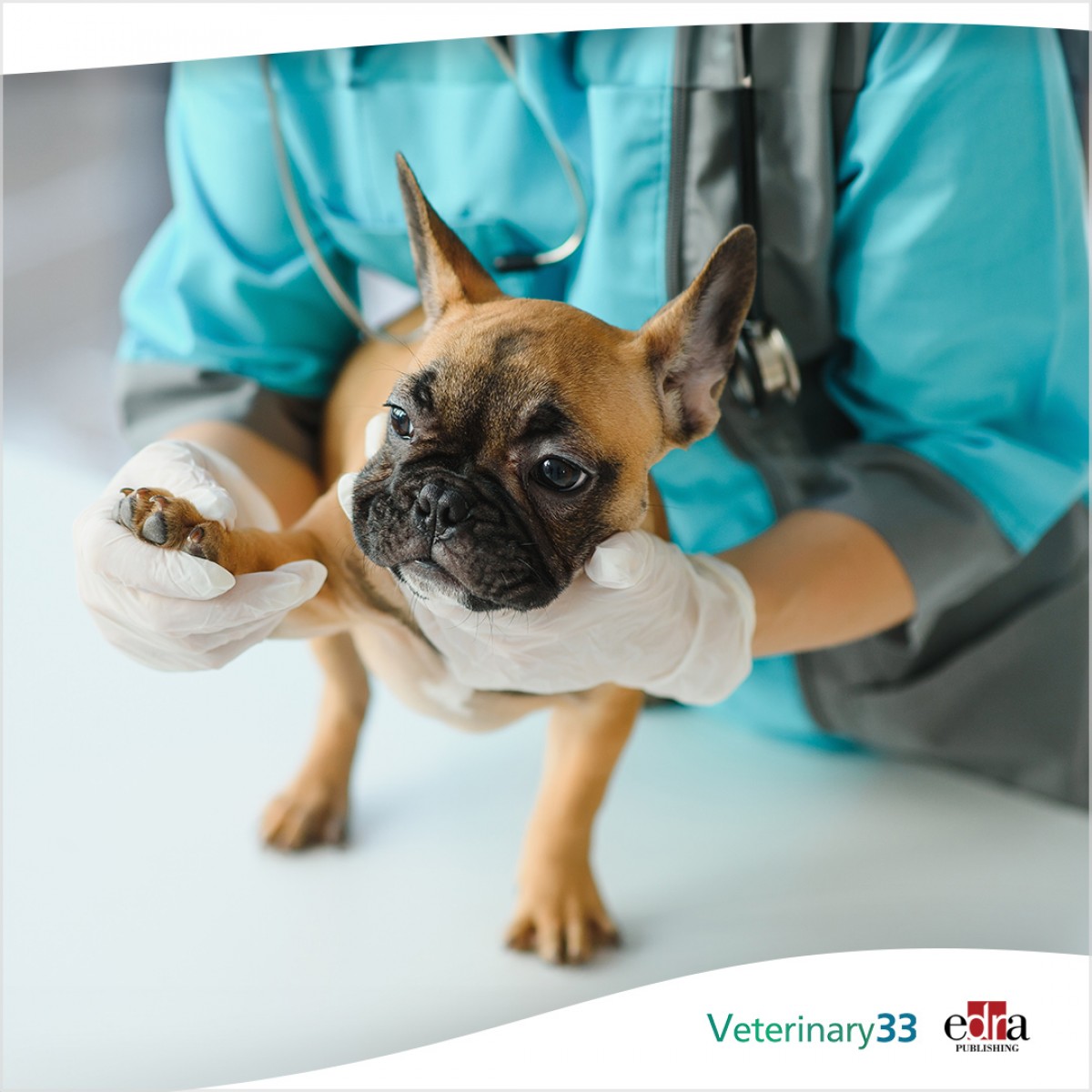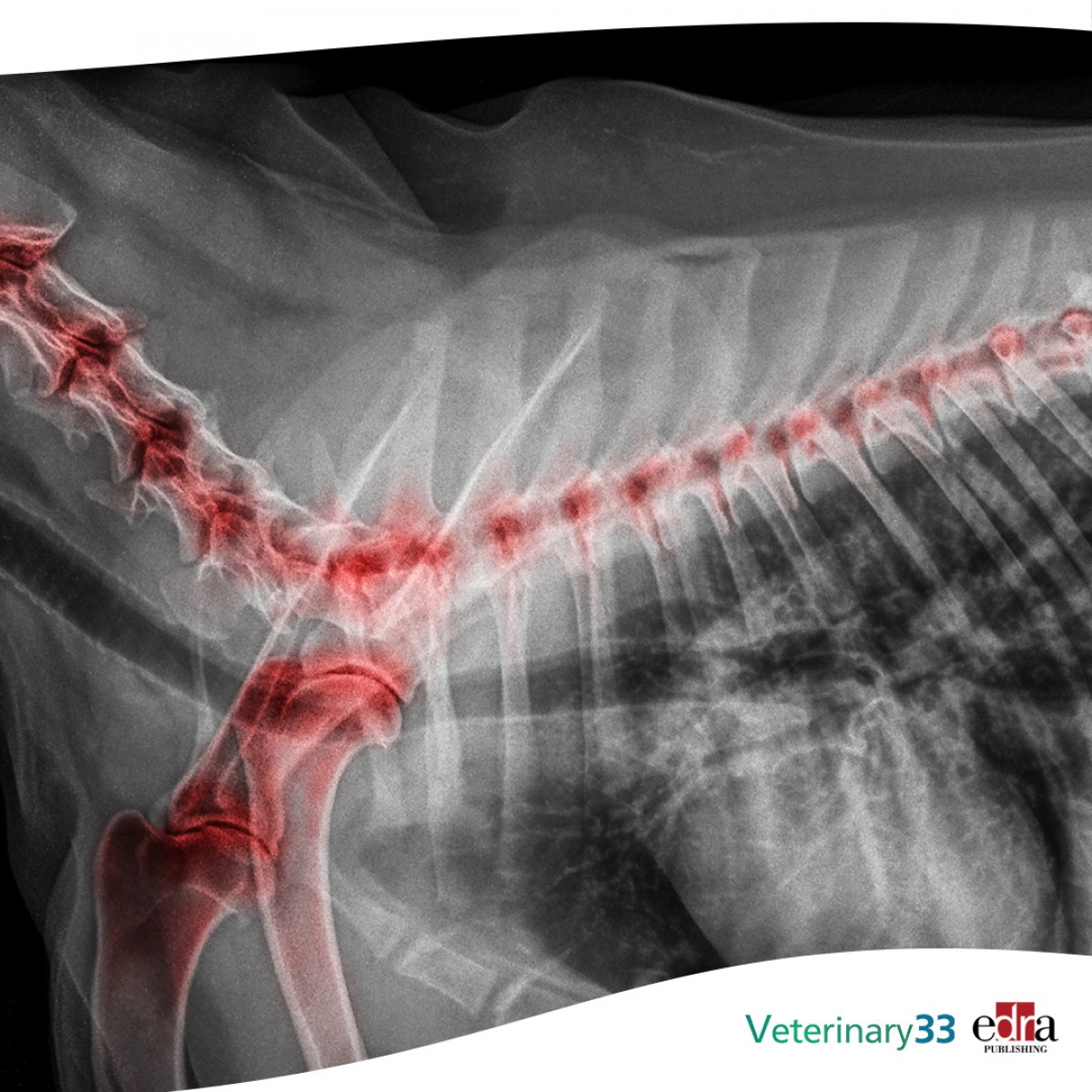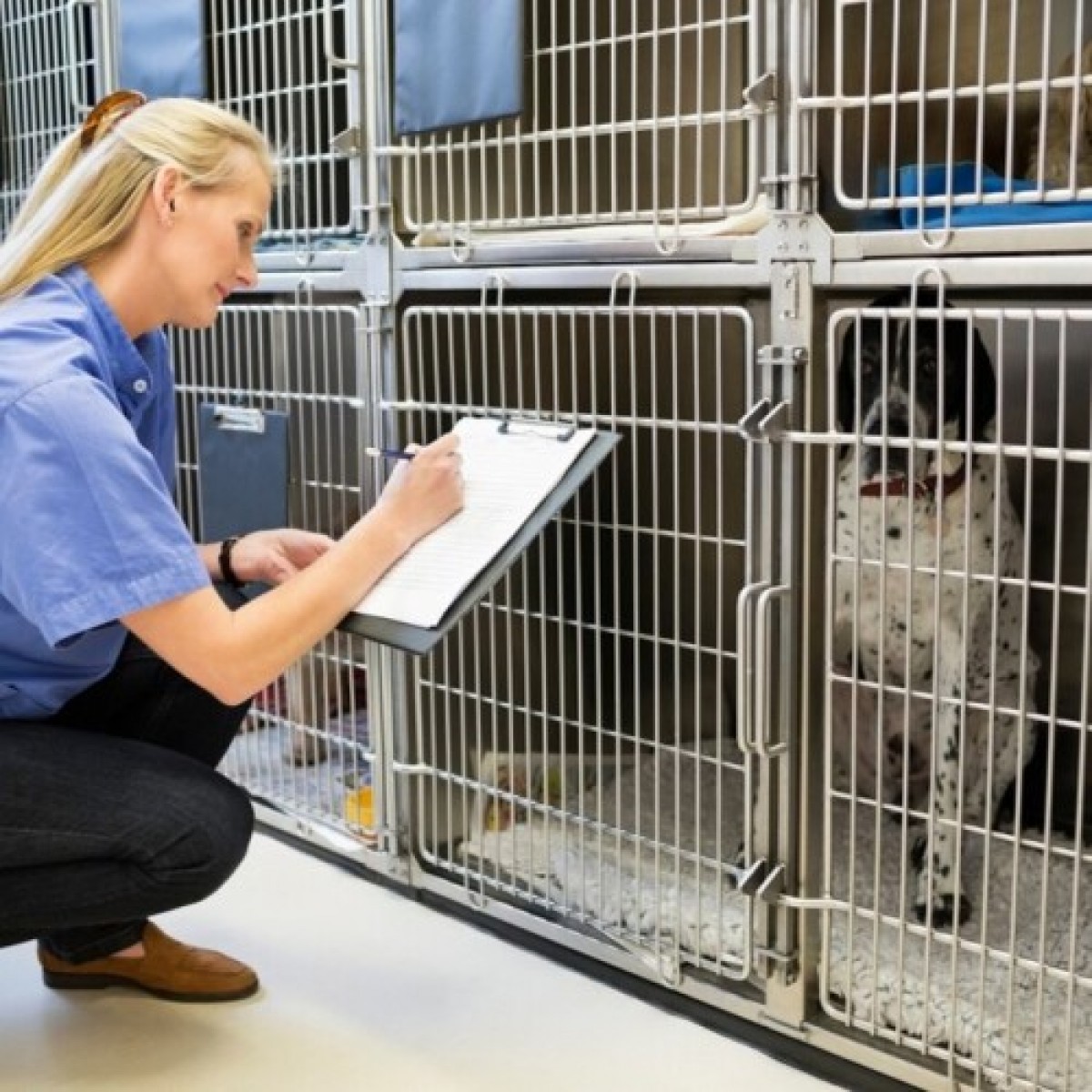Expression of sex hormone receptors in canine osteosarcoma
Sex steroids regulate bone metabolism directly and indirectly through receptors on bone. Estrogen receptors (ER-∝, ER-β), progesterone receptor (PR) and androgen receptor (AR), have been previously identified on human osteosarcoma (OSA) cells. These receptors influence tumor growth, but their expression and role in canine OSA is unknown.
The aim of this study was to characterize sex hormone receptor expression levels in naturally occurring OSA tissue and in three canine OSA cell lines. The expression of ER-α, ER-β, PR, and AR was investigated using RT-PCR. PR expression levels were also quantified in OSA cells cultured under hypoxic conditions or in the presence of estradiol. The effects of progesterone on cell proliferation were quantified.
Results demonstrated varying expression levels of these receptors in five OSA subtypes. OSA cell lines demonstrated high gene expression levels of PR and low gene expression levels of ER-α and ER-β, and no gene expression of AR. PR expression was increased in OSA cells cultured under hypoxic conditions in a HIF-∝ independent manner.
Interestingly, the authors noted one cell line expressed very high levels of PR, expression of which decreased in response to estradiol. In addition, progesterone decreased OSA cell proliferation in this particular cell line. The authors concluded that further investigation of the role of sex steroids, particularly PR and its ligands, in regulation of canine OSA is recommended.
Kristyn N Dilley, et al. “Expression of Sex Hormone Receptors in Canine Osteosarcoma.” Vet Sci. 2022 Sep 25;9(10):524. doi: 10.3390/vetsci9100524.














List
Add
Please enter a comment